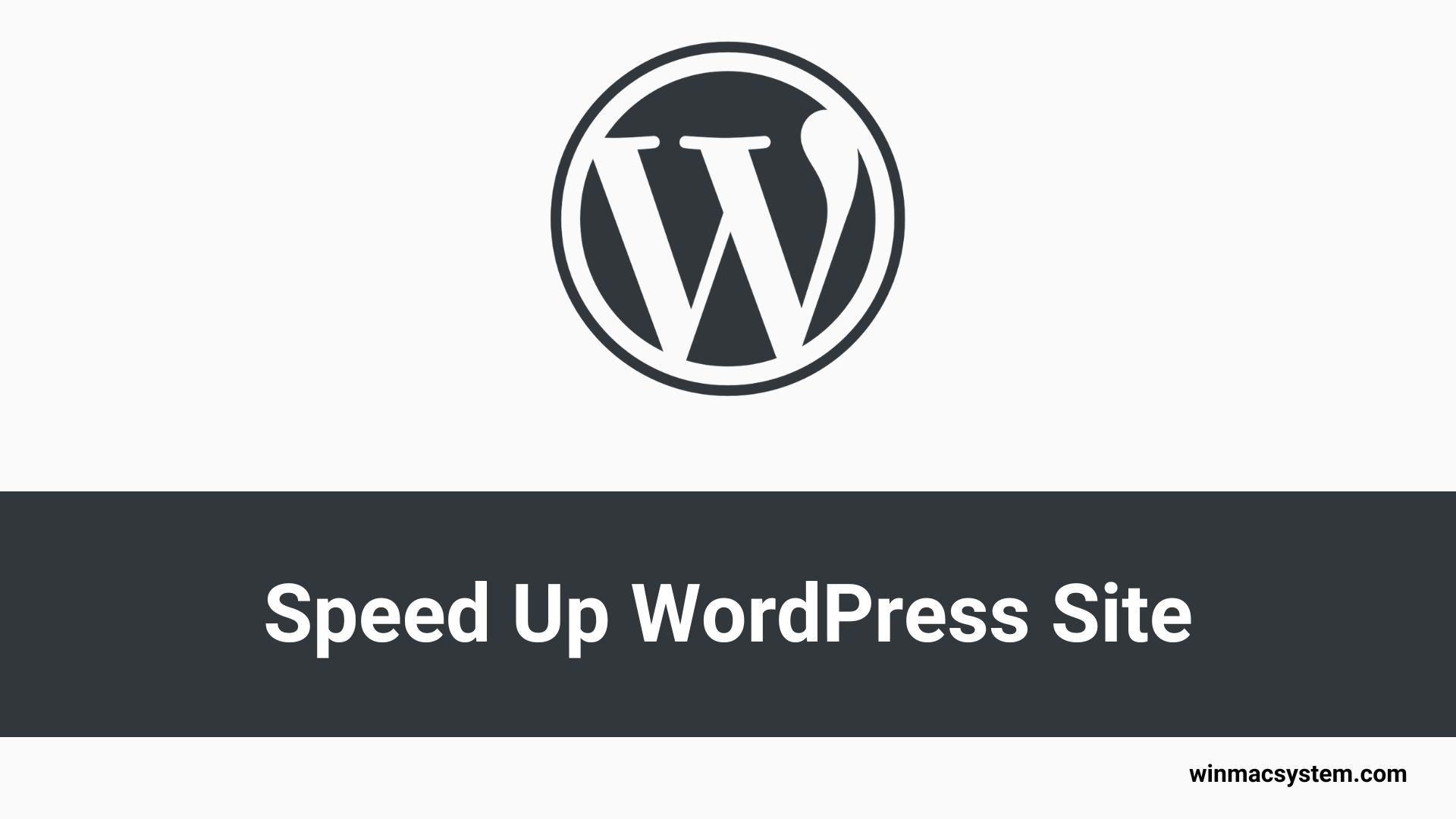A fast website is a good website. period. If you have a WordPress site, there are a few key things you can do to speed it up. Check out these five tips below to help give your site a little extra pep in its step.
Choose a Fast WordPress Host
This is tip number one for a reason. Your host has everything to do with how fast your WordPress site loads. Do your research when you’re picking a host – read reviews and see what other people have to say about their experiences. Once you’ve narrowed it down, pick the one that’s right for you and your budget. And whatever you do, don’t go with the cheapest host you can find. Cheap usually means slow when it comes to hosting. You generally get what you pay for in this case.
Pick a Good Theme
Your theme also plays a big role in how quickly your WordPress site loads. A lot of times, themes are loaded down with features you don’t even need or want. That extra weight on your site slows things down. When you’re looking for themes, choose one that’s lightweight, fast loading, and well coded. And make sure it’s been updated recently so it’s compatible with the latest version of WordPress.
Install a Caching Plugin
Caching helps speed up your website by storing certain pieces of information – like often accessed files – locally on the visitor’s own computer instead of making them load each time someone visits your pages. This can help reduce server load times and help improve overall performance, which will speed up your WordPress site as well as improve user experience at the same time – it’s a win-win! We recommend W3 Total Cache or WP Super Cache for caching purposes, but there are plenty of other great options out there as well so feel free to explore and find the one that works best for you and your needs.
Optimize Your Images
Images are great for adding visual interest to your content and helping break up big chunks of text, but unoptimized images can quickly turn into oversized files that take forever to load…and we all know how frustrating that can be when trying to view website content! So before you add any images to your posts or pages, make sure they’re saved in the correct file format – JPG for photos and PNG for graphics – and compressed so they don’t take up too much space unnecessarily.. If you have existing images on your site that need optimizing, check out a plugin like Imagify or EWWW Image Optimizer to help get the job done quickly and easily.
Limit External HTTP Requests
Every time your pages load, they have to fetch information from other sources in order to complete themselves fully – like fonts from Google Fonts or analytics scripts from Google Analytics. This process takes time, which can ultimately slow down how quickly pages load for visitors.. You can limit external HTTP requests by using local fonts instead of those from Google Fonts, removing unnecessary plugins and widgets, and combining CSS/Javascript files where possible.. Taking these steps will help minimize the number of HTTP requests made when pages load which should result in quicker overall load times.
A fast website is crucial if you want people to stick around long enough to actually see what you have to say or buy what you have to sell…Slow loading times lead to frustrated users who are likely to click away before they even really get started on your site.. No bueno.. Luckily, there are some easy things you can do – like choosing a good host, installing a caching plugin, optimizing images, and limiting external HTTP requests – that will help give your WordPress site the speed boost it needs.. So what are you waiting for? Start speeding up your WordPress today!
